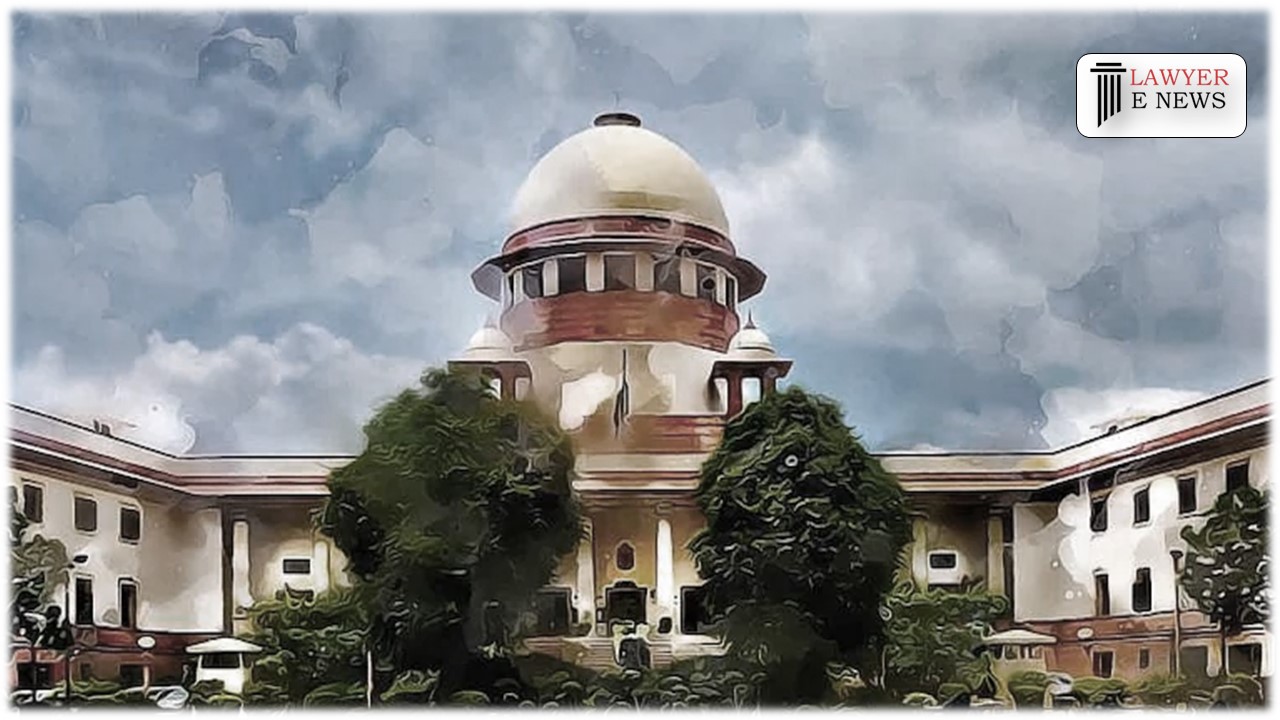-
by sayum
14 February 2026 2:22 PM



Chief Information Commissioner’s Authority to Constitute Benches Under Section 12(4) of RTI Act Upheld
The Supreme Court has reaffirmed the Central Information Commission’s (CIC) authority to frame its own regulations and constitute benches, emphasizing the importance of autonomy and efficiency in administrative bodies. The judgment, delivered by Justices Vikram Nath and Satish Chandra Sharma, sets aside the Delhi High Court’s restrictive interpretation, allowing the CIC to continue operating under its Central Information Commission (Management) Regulations, 2007.
The case originated from an application filed by Sarbjeet Roy under the Right to Information Act (RTI), seeking information regarding the modification of the Master Plan of Delhi for 2021 and compliance with Section 4 of the RTI Act by the Delhi Development Authority (DDA). The CIC’s subsequent order, directing the formation of a committee to inquire into the matter, was challenged by the DDA. The Delhi High Court quashed the CIC’s regulations and declared that the CIC lacked the power to constitute benches, prompting the CIC to appeal to the Supreme Court.
The Supreme Court underscored the broad powers granted to the CIC under Section 12(4) of the RTI Act, which includes general superintendence, direction, and management of the Commission’s affairs. Justice Vikram Nath noted, “The autonomy and independence of administrative bodies are fundamental to their ability to perform their designated functions effectively.”
The bench emphasized that undue interference in the administrative functions of bodies like the CIC undermines their ability to operate impartially and efficiently. The judgment highlighted, “Ensuring their independence is essential for maintaining the integrity and efficacy of the administrative system.”
The Supreme Court extensively discussed the necessity of a broad and purposive interpretation of the RTI Act. The court argued that the CIC’s powers to manage its internal functions inherently included the ability to constitute benches, despite the lack of explicit provisions in the RTI Act. Justice Vikram Nath remarked, “The principle of purposive interpretation supports the view that the CIC’s powers under Section 12(4) of the RTI Act include all necessary measures to manage and direct the Commission’s affairs effectively.”
Justice Vikram Nath stated, “The use of the words ‘superintendence, direction, and management’ in Sections 12(4) and 15(4) of the RTI Act clearly provides the CIC an ambit of power wide enough to frame its own Regulations and to delegate its power to a committee formed by it.”
The Supreme Court’s decision to uphold the CIC’s regulatory powers reinforces the autonomy of administrative bodies, ensuring their ability to function efficiently and impartially. By affirming the CIC’s authority under Section 12(4) of the RTI Act, the judgment promotes transparency and accountability, core objectives of the RTI Act. This landmark ruling is expected to significantly impact the functioning of the CIC, allowing it to manage its workload and operational demands effectively.
Date of Decision: July 10, 2024
Central Information Commission v. Delhi Development Authority & Anr.
